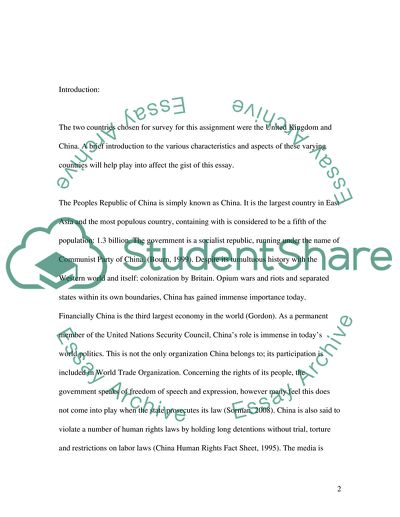Cite this document
(“Analysis of Intercultural Effectiveness Research Paper”, n.d.)
Analysis of Intercultural Effectiveness Research Paper. Retrieved from https://studentshare.org/education/1723509-intercultural-effectiveness-report-uk-and-china
Analysis of Intercultural Effectiveness Research Paper. Retrieved from https://studentshare.org/education/1723509-intercultural-effectiveness-report-uk-and-china
(Analysis of Intercultural Effectiveness Research Paper)
Analysis of Intercultural Effectiveness Research Paper. https://studentshare.org/education/1723509-intercultural-effectiveness-report-uk-and-china.
Analysis of Intercultural Effectiveness Research Paper. https://studentshare.org/education/1723509-intercultural-effectiveness-report-uk-and-china.
“Analysis of Intercultural Effectiveness Research Paper”, n.d. https://studentshare.org/education/1723509-intercultural-effectiveness-report-uk-and-china.


